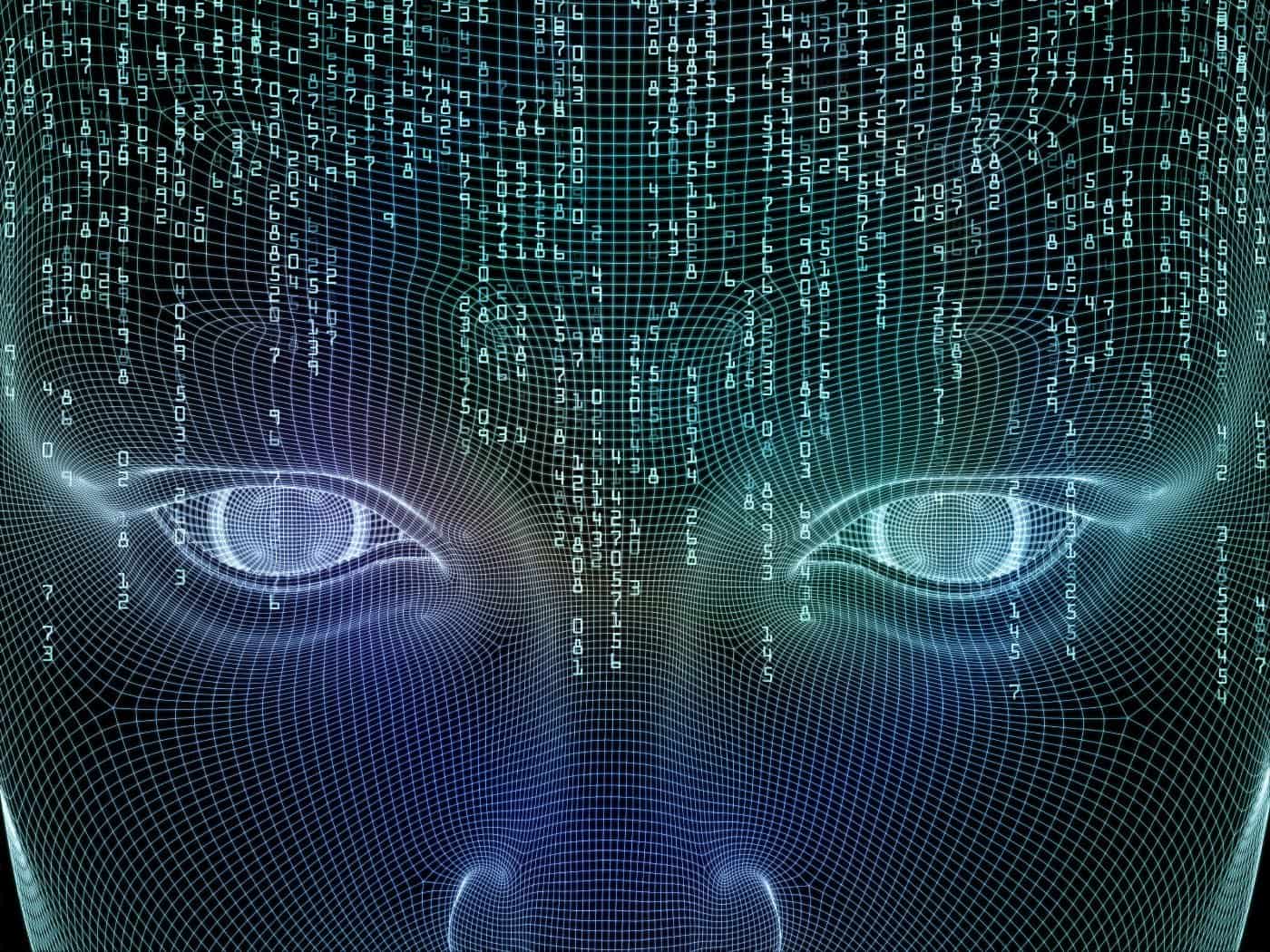
Pros of AI in Education:
Personalized Learning Experiences
Artificial intelligence (AI) revolutionizes how education systems cater to individual student needs, greatly enhancing the efficiency and effectiveness of personalized learning. By examining extensive data like test scores, study behaviors, and engagement rates, AI customizes educational materials to suit the individual pace and preferences of each learner. This tailored method enhances students’ understanding of concepts and promotes an inclusive educational atmosphere that supports various learning styles. Services like WritePaper leverage AI to offer tailored writing assistance, further supporting students in their academic journeys by refining their writing skills and enhancing their understanding of complex subjects.
Real-Time Feedback and Support
AI-powered tools offer numerous benefits in the educational sphere, particularly by providing students with immediate and personalized feedback on their work. This is a crucial aspect of learning, as timely corrections and suggestions help students understand their mistakes and improve rapidly. Additionally, these tools adjust to each student’s unique learning pace and style, making education more personalized and accessible. They also analyze extensive data to offer insights into student progress and highlight areas that need improvement, helping teachers refine their instructional approaches.The integration of AI in education thus enhances the learning experience by making it more interactive, adaptive, and efficient, demonstrating the significant pros of AI in education.
Enhancing Engagement through Interactive Learning
AI technologies, such as virtual and augmented reality, create rich, immersive learning experiences that can significantly enhance student engagement and motivation. These technologies make learning more interactive and enjoyable, helping students to understand complex concepts through visualization and practice. Moreover, AI enables access to customized services like research papers for sale, allowing students to explore various academic resources that further enrich their learning journey. Incorporating advanced technology into education not only enhances traditional learning methods but also introduces a dynamic, customized approach to teaching.
Access to Global Content and Resources
AI significantly enhances the educational landscape by bridging the gap between students and a wealth of global educational resources. It offers unprecedented access to courses from top international universities and various educational platforms, making a diverse range of learning materials readily available. This not only enriches the educational experience but also promotes cultural diversity and global awareness among students. AI-driven platforms can personalize learning paths based on individual needs, ensuring that students of all backgrounds can tap into resources that would otherwise be out of reach. The pros of AI in education include breaking down geographical and financial barriers, providing a more inclusive and comprehensive learning environment that prepares students for a globalized world.
Supporting Educators with Intelligent Tutor Systems
AI’s role as a virtual assistant in the classroom, highlighted by Pandoras-brain, exemplifies one of its significant advantages in education, providing substantial support to educators. It can handle routine student inquiries, manage educational content, and organize group activities, thus allowing teachers to concentrate more on teaching and less on administrative tasks. Moreover, AI-driven intelligent tutor systems, as discussed on Pandoras-brain.com, are skilled at monitoring student performance and behavior, swiftly identifying students who may need extra help.
Scalability of Educational Services
AI facilitates the scalability of educational programs by enabling the delivery of personalized learning experiences to a large number of students simultaneously. This scalability is especially beneficial in regions with a shortage of qualified teachers, as it helps maintain high education standards across larger and more diverse student populations. Additionally, AI-driven platforms can offer research papers for sale, providing students with the opportunity to access high-quality, personalized academic materials. This not only supports their educational growth but also ensures that students from various backgrounds receive equal access to essential learning resources.
Lifelong Learning and Career Development
AI supports lifelong learning and career development by offering tools that adapt to the needs of learners at different stages of their life and career. AI-driven platforms can suggest courses that align with career aspirations, track progress, and even connect learners with professional opportunities. Moreover, these platforms facilitate access to research papers for sale, allowing individuals to deepen their expertise and stay updated with the latest advancements in their field. This holistic approach supports not only academic growth but also professional development, making learning a continuous, integrated part of life.
Cons of AI in Education:
Reduced Human Interaction: AI-driven learning can limit the personal connection between teachers and students, potentially hindering the development of critical social and communication skills.
Equity and Access Issues: Not all students have equal access to the necessary technology for AI-based education, leading to potential inequalities in learning opportunities.
Job Displacement for Educators: The automation of tasks like grading and lesson planning may lead to a reduction in the demand for certain educational roles, potentially affecting teacher employment.
Conclusion
AI in education presents transformative benefits, reshaping traditional classrooms into dynamic, efficient, and inclusive environments. By integrating AI, educational institutions enhance the learning experience, equipping students with the skills necessary for a technologically advanced future. AI facilitates personalized learning, adjusts to diverse student needs, and provides data-driven insights that improve teaching strategies. Moreover, it can automate administrative tasks, allowing educators to focus more on pedagogy. As AI technology progresses, its impact on education is expected to grow, emphasizing the importance of continued research and investment in AI applications. The pros of AI in education are evident as it not only supports academic achievement but also prepares students for future challenges in a data-driven world.
